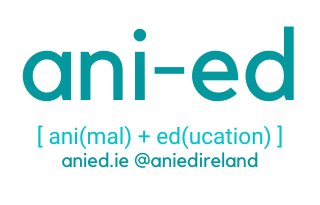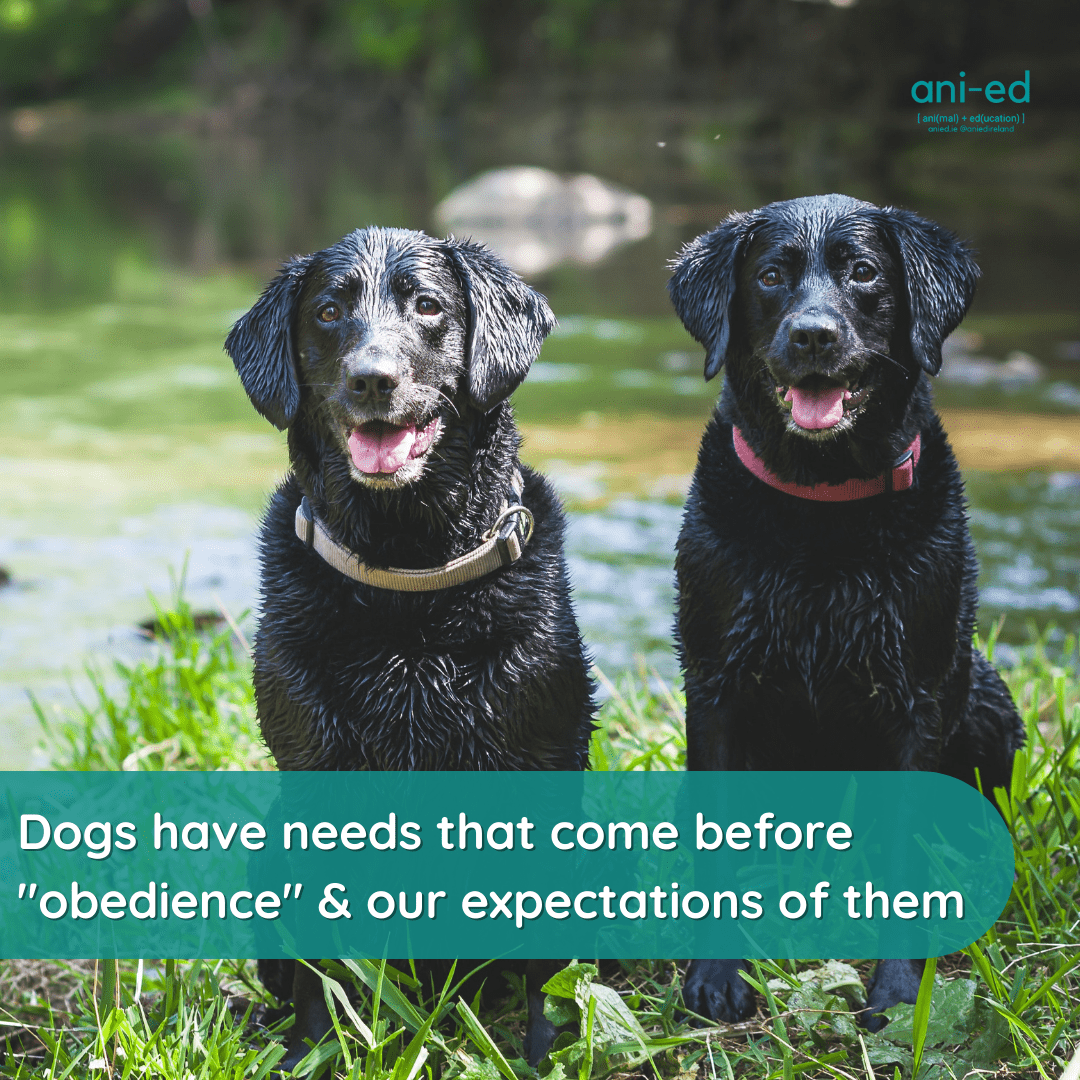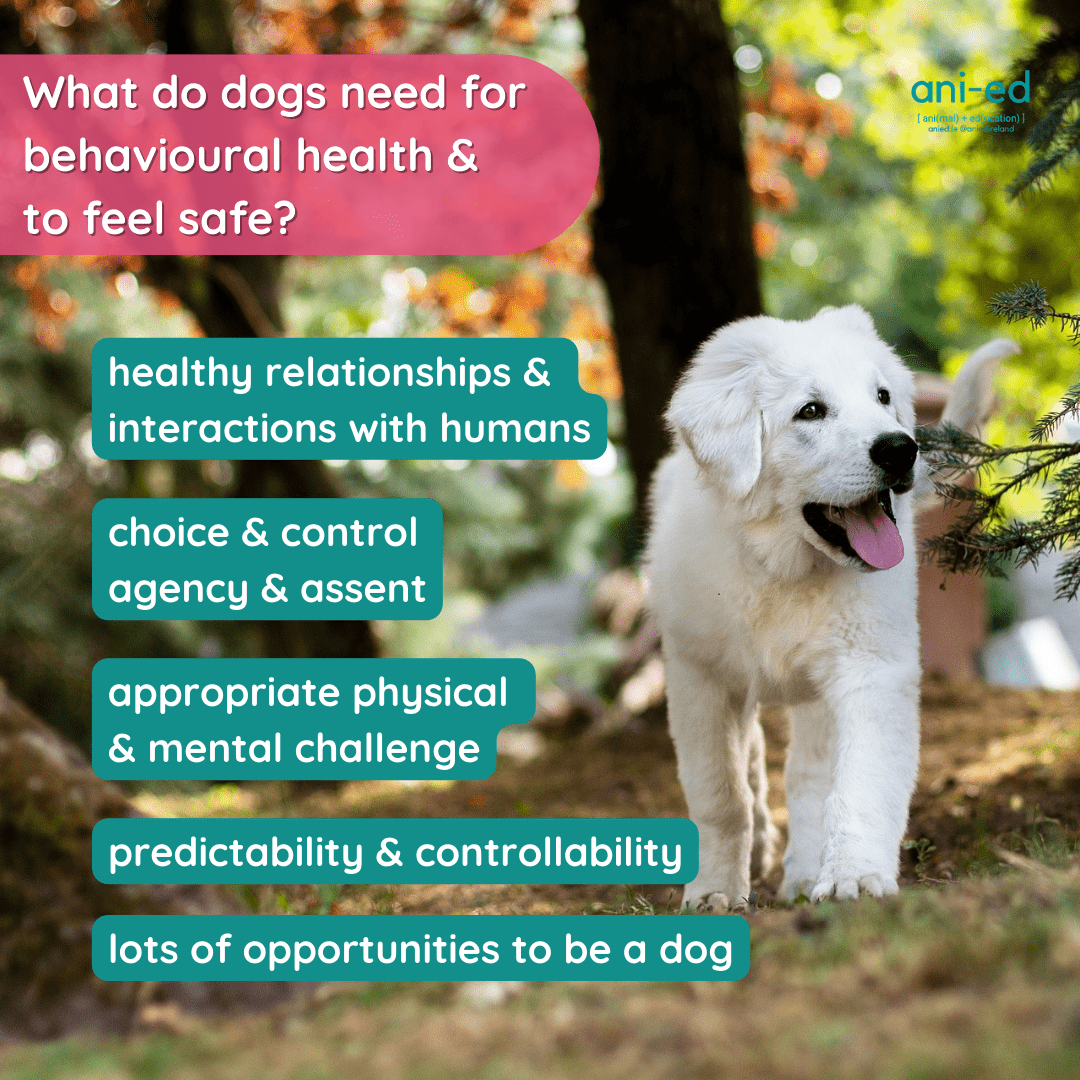- Home
- All About Us
- Courses For Me
- Courses With My Dog
This is very much a stream-of-consciousness covering and it will likely be updated many many times to encompass our evolution in approach to providing the safest, most supportive, effective and welfare-friendly education for both ends of the lead.
For more see:
We see our main roles in supporting our human learners and working to remove as many barriers to education as possible.
While we emphasise an evidence based approach, we recognise both the application and limitations of the scientific literature. Scientific literacy and critical evaluation skills are lacking in our applied field so we prioritise developing fundamental skills and knowledge of founding principles.
We teach what we do and do what we teach! This is exceptionally important to our integrity. Our learners, of all species motivate us to keep updating, innovating, and adjusting according to the most current and valid data.
Our courses and resources incorporate the most up to date understanding of canine behaviour & learning, derived and extrapolated from valid science and evidence, and established best practice.
We apply a One Health. One Welfare. perspective which means
accounting for both human and animal welfare, coinciding with Ireland’s
developing Animal Welfare Strategy (2021).
Our approach is needs-based, recognising that the dog’s behaviour and the human’s behaviour provides information. Behaviour, even that which is deemed problematic, is indicative of behavioural needs that must be addressed.
The first need we must meet is to keep the dog feeling safe, a central focus of our behaviour change interventions and at the heart of risk-benefit analyses.
This is primarily a functional-based & constructional approach. For example, how does unwanted behaviour function for the individual? What do they lose when we manage? What skills do learners need to develop to access their chosen reinforcers and experience a good quality of life?
But we don’t pigeon-hole our work, and ethological considerations, topography of behaviour, welfare science, affective states & relationship structures are all important to our devising behaviour change interventions.
Tinbergen’s Four Problems forms part of the basis for our ethological analysis of behaviour. Functional behavioural assessment (FBA) and where possible, Functional Analysis (FA), will form the main approach to analysis of behaviour and best interventions.
We recognise that behaviour is often problematic for people and that when it impacts the animal’s physical health/welfare beyond environmental intervention, veterinary/medical collaboration is required.
Our programs emphasise owner-support and education, recognising the importance of their participation in maintaining and improving the welfare of their dog.
We take an evidence-based, needs-based approach to behaviour change. We apply sciences of behaviour change including, canine ethology & cognition, applied behaviour analysis and animal welfare, along with teaching, support and guidance therapies for humans.
Welfare is our central concern; we recognise the inherent power imbalances in interactions with the animals with whom we work, and as such are strong advocates for them as individuals. We recognise that this also impacts our relationships with humans and as such aim to educate, support, empower and guide rather than blame.
We examine and adjust our approach to topics, in our fields, that are poorly studied or assessed for welfare, such as the use of assistance animals, animals in media, animals in the training industries, animal rehoming & adoption, approaches to breeding dogs and the state of the training/behaviour industries.
We do not jump on band wagons and refuse to get sucked into industry/social media fads, favouring instead to examine the evidence and ask, how do we know what we know.
We don’t emphasise “obedience” or “manners” and teach and apply excellent mechanical skills, relationship building and behaviour change interventions based in the fundamental and founding principles, rather than the “new & shiny” du jour. Our approach is ultimately relationship-, support- and welfare- centered, helping to meet needs and improve welfare.







